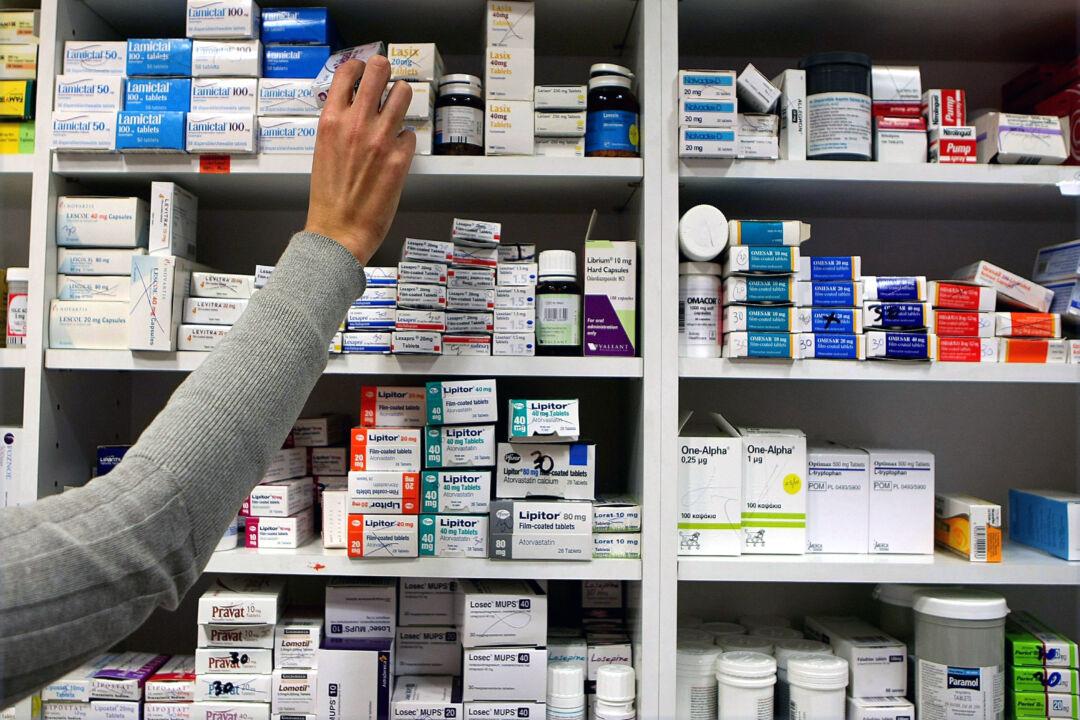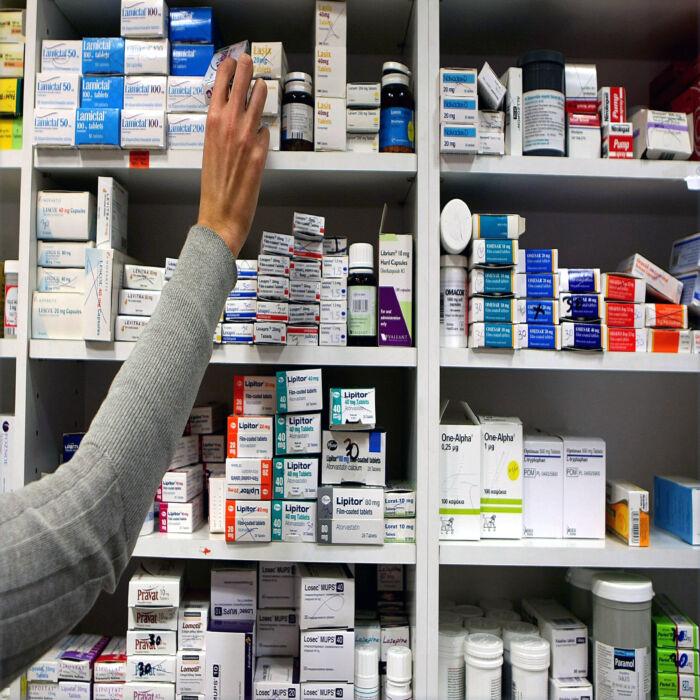Rural areas in England are at risk of becoming “pharmacy deserts” because of declining funding, leaders from the sector have warned.
The National Pharmacy Association (NPA) said the high number of closures in rural towns and villages will mean people having to travel further for medication as it urged the government to reverse spending cuts.
Analysis showed 17 of the 20 council areas with the lowest number of pharmacies per 100,000 people were in rural locations, while more deprived local authorities had the highest level of closures in the last two years, the organisation found.
‘Shocking Statistics’
NPA Chief Executive Paul Rees said: “These shocking statistics show how a growing number of areas are at risk of becoming pharmacy deserts, with people in rural towns and villages having to travel longer and longer distances to get hold of the medication they need.“Many pharmacies are on the brink because of a decade of real term cuts, creating a material threat to the security of medicine supply in some areas if closures continue.”
He added that it was “deeply concerning” to see higher levels of pharmacy closures in deprived areas, which he said have undermined government efforts to tackle health inequalities after the COVID-19 era.
The analysis also found one or more pharmacies have closed in 87 percent of local authorities in England in the last two years.
The organisation urged the government to reverse what it said is a 40 percent real-terms cut to the pharmacy budget in the last decade.
Rees added: “The government needs to act now to stabilise the pharmacy network and lay out a routemap for a properly funded future or they will put the supply of medicine to some areas at risk.
‘Vital’ to the Community
Responding to the NPA analysis, David Fothergill, chairman of the Local Government Association’s community wellbeing board, said: “Councils want every local area to have a strong community pharmacy network, particularly those in deprived areas with the greatest health needs, or rural communities with the furthest distance to travel.“People rely on their local pharmacy, not just as a place to get medicines but as somewhere they can go to for informal health advice and information. If this lifeline was removed, it would mean more people having to potentially travel longer distances to GP surgeries and adding to existing pressures.
“Pharmacies have an important place in our local economy. They are vital to ensuring diverse and vibrant high streets, which can otherwise be dominated by betting shops and takeaways. Losing our pharmacies could leave gaps in high streets that may never been filled.”
The NPA organised a day of protest action in June to highlight what it described as the “emergency” situation of the funding shortage, with some pharmacies blacking out their windows to represent the growing number of closures.
A report last month by Community Pharmacy England (CPE) suggested that one in six pharmacies in England could disappear from the high street within a year.
Labour Pledged to Expand Pharmacy Prescribing
A separate survey of more than 6,000 pharmacy owners in May revealed that ensuring access to medicines has become an “ongoing battle” owing to bottlenecks in the supply chain, with certain brands of medication for diabetes, ADHD, epilepsy, adrenalines, and antibiotics not always available.In January, the Conservative government launched the NHS Pharmacy First service, aimed at enabling community pharmacists to issue prescriptions and give minor care to patients without the need for a visit to the GP, intended to ease the demand for doctors’ appointments.
In its election manifesto, Labour pledged to expand on Pharmacy First with a “community pharmacy prescribing service,” which it said would grant more pharmacists independent prescribing rights “where clinically appropriate.”
The manifesto did not outline specific pledges on pharmacy funding, but Health Secretary Wes Streeting has referenced plans to tilt resources away from hospitals and towards community care.







